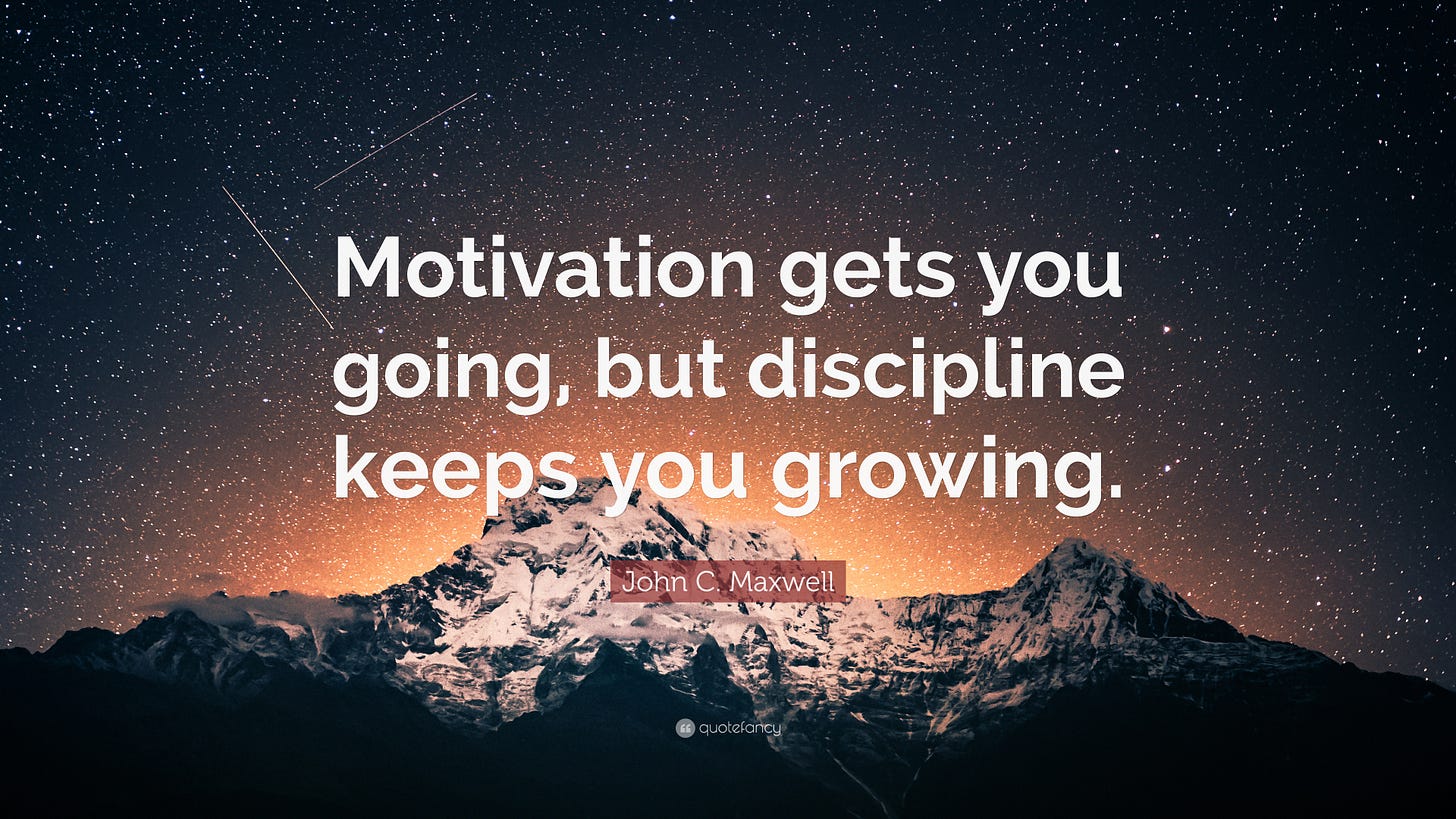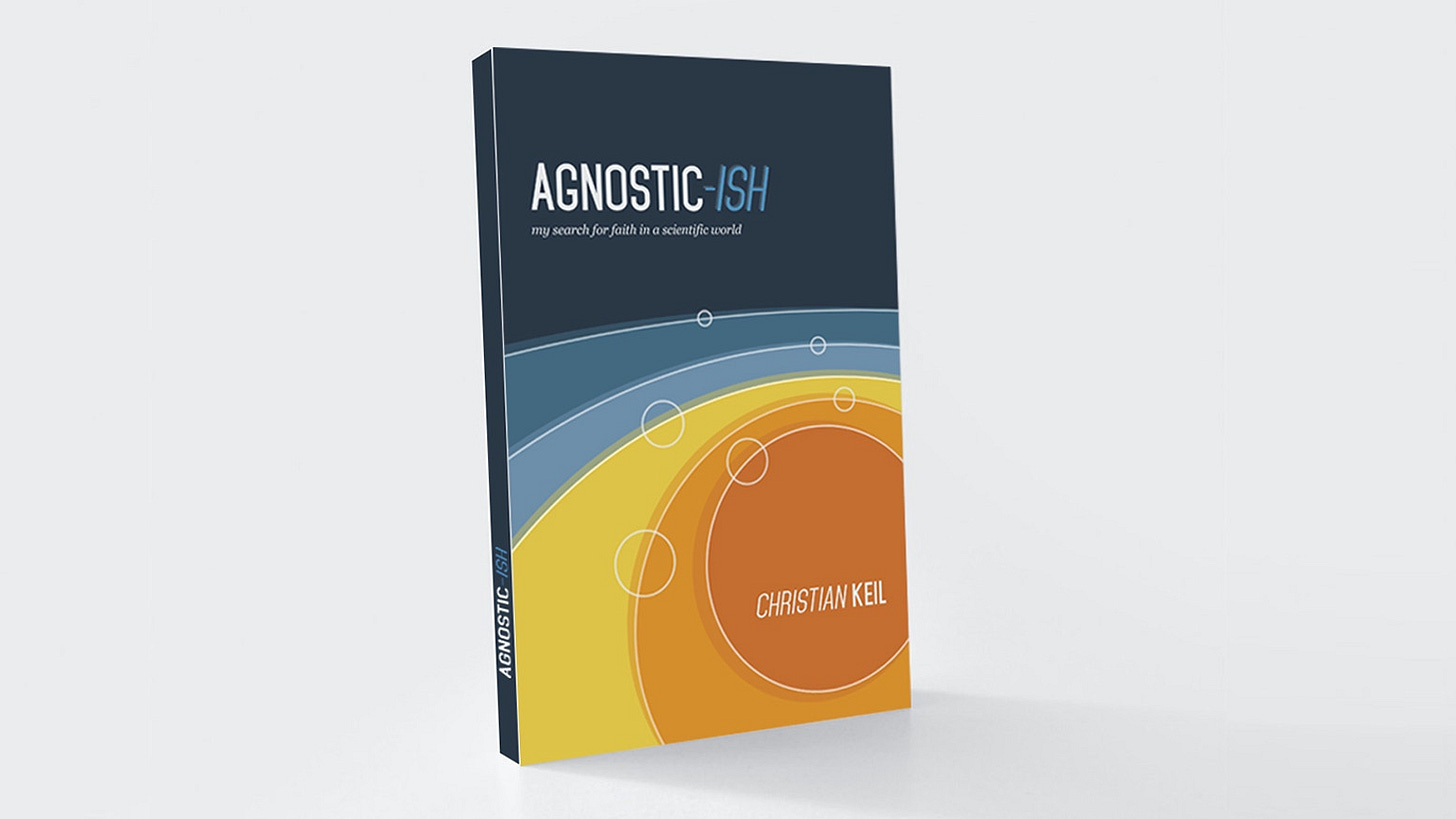Some advice that I no longer live by
Or, why taking advice from internet strangers isn't *always* a bad idea
About a month ago, Joe Pompliano, the youngest brother in a family of very-online brothers, gave the internet some advice. And he got dunked on.
That, my friends, is a hell of a ratio.
But the point of this post is not “don’t listen to advice from internet strangers.” I’m actually on Pompliano’s side here.
To explain why, here is some advice that I no longer live by — but that helped me immensely in my early 20s.
I fought a serious battle with anxiety and depression in my sophomore year of college, so simply learning to become an independent, functioning human took up a disproportionate share of my energy. The “school” part of school could have been overwhelming if I had taken it too seriously, so…
I lived by a classic piece of advice: “work smart, not hard.”
It seemingly took everything I had to wake up at a normal time each morning, exercise, and eat healthy food, so I did my best to minimize the hours that I spent on school. Luckily, I could still earn A-minuses while doing so, and my focus on non-schoolwork started to pay dividends for my mental health.
“Work hard, not smart” was crucially important advice for that period of my life — but even just a single year later, it was no longer adaptive.
In my junior year of college, “Economics and Philosophy” punched me in the face. I submitted my midterm paper after a normal amount of effort — maybe two hours of writing/editing — and expected my normal A- grade.
But I got a D- instead.
I had never seen that letter (or its neighbors) before, so I literally ran to my Professor’s office to figure out how I had done so poorly.
“It’s a fine paper,” he said. “But I can tell that you put basically zero effort into writing it.”
My professor challenged me to see what I was actually capable of. And I’ll tell you what: when I tried my absolute best on the my paper for that class, he noticed. My professor gave me an A+, nominated my paper for the “Best Undergraduate Essay in North America,” and invited me back to his class to introduce the assignment to his future students.
My Professor’s advice taught me a new way to live my life: disciplined.
That paper was the beginning of my addiction to discipline and achievement. I dreamed up the most challenging goals I could, and worked towards achieving them every single day. I ran a marathon in 2015…
Wrote and published a book in 2016…
And mostly just became a crazy person in the hopes that achievement would help me find a greater purpose. I listened to Tim Ferriss podcasts during my long runs; I tried to be the best meditator of all time; I was a jerk to my Minneapolis roommate whenever he just wanted to chill out; I basically became a hustle-obsessed… and it was incredibly fun.
My bible for this era of my life was The War of Art.
Its central idea is that achieving anything worthwhile requires insane discipline. It’s a book of tough love, with an emphasis on “tough.”
Some choice quotes:
“Are you paralyzed with fear? That’s a good sign. Fear is good. Like self-doubt, fear is an indicator. Fear tells us what we have to do. Remember one rule of thumb: the more scared we are of a work or calling, the more sure we can be that we have to do it.”
“The most important thing about art is to work. Nothing else matters except sitting down every day and trying.”
“Fear doesn't go away. The warrior and the artist live by the same code of necessity, which dictates that the battle must be fought anew every day.”
I lived by this book’s lessons, and it genuinely helped me become a much better, fitter, smarter version of myself.
But even that book — perhaps the most impactful book I’ve ever read — would be one I would eventually outgrow. It took years of hustle and achievement, but I eventually realized that:
It’s okay to take a rest day.
Achievements are hollow. (If you don’t enjoy the path to get to your goal, getting there won’t be nearly as satisfying as you hope.)
Putting too much pressure on yourself can be counterproductive.
Obsession with “success” incentivizes self-handicapping
… and far more. “The War of Art” wasn’t wrong; it didn’t give me bad advice. It simply gave me advice that was supremely helpful for a while, and then less helpful later. And that nuance is the entire point of this post.
The same piece of advice will be more/less helpful to you at different times of your life.
No advice is objectively, eternally good. No advice is objectively, eternally bad. Sometimes, you’ll need to hustle; sometimes, you’ll need to chill out. Judging people who are in a “hustle” phase is just as lame as cynical old people laughing at optimistic youth.
My meta-advice is to remember that advice is context-dependent.
Just do what you think will work best for your particular stage of life, and be very skeptical of people who prescribe one-size-fits-all advice.
Thanks for reading Silicon Valley Outsider! I’m Christian, the Chief of Staff of Astranis, and I write this newsletter for folks who are interested in startups but live outside of the SF Bay Area.
If you want to join 650+ folks in getting an email from me each Monday, I’ll help you understand Silicon Valley using normal-human words.
Here are a few past editions that you might like if you enjoyed this one:








